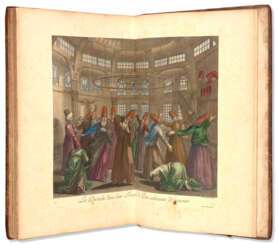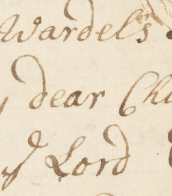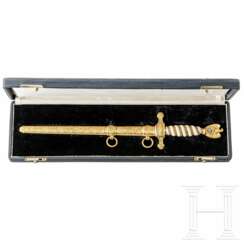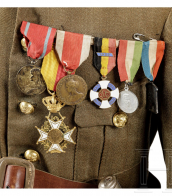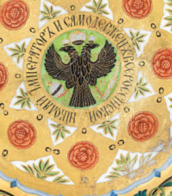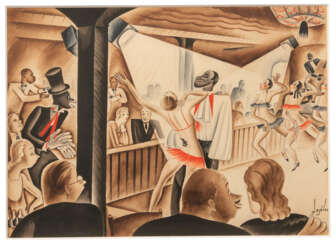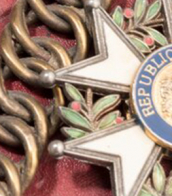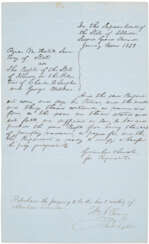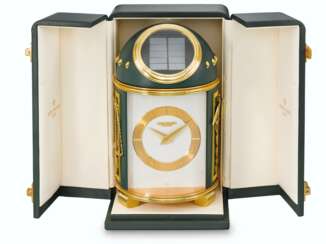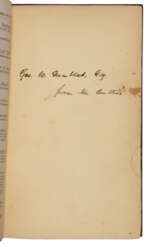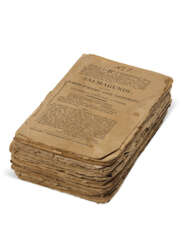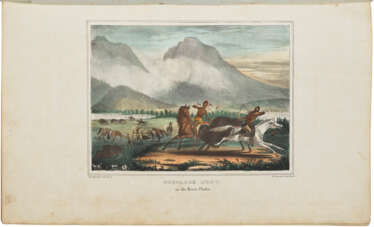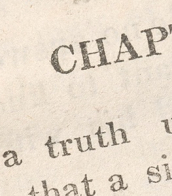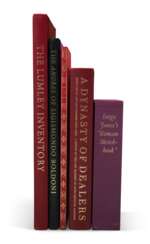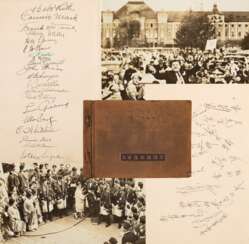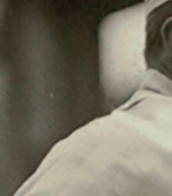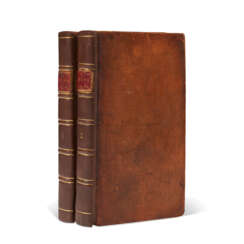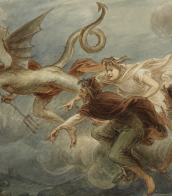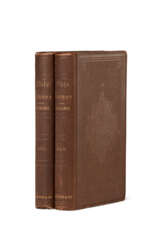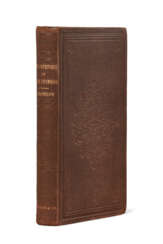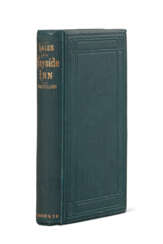original present
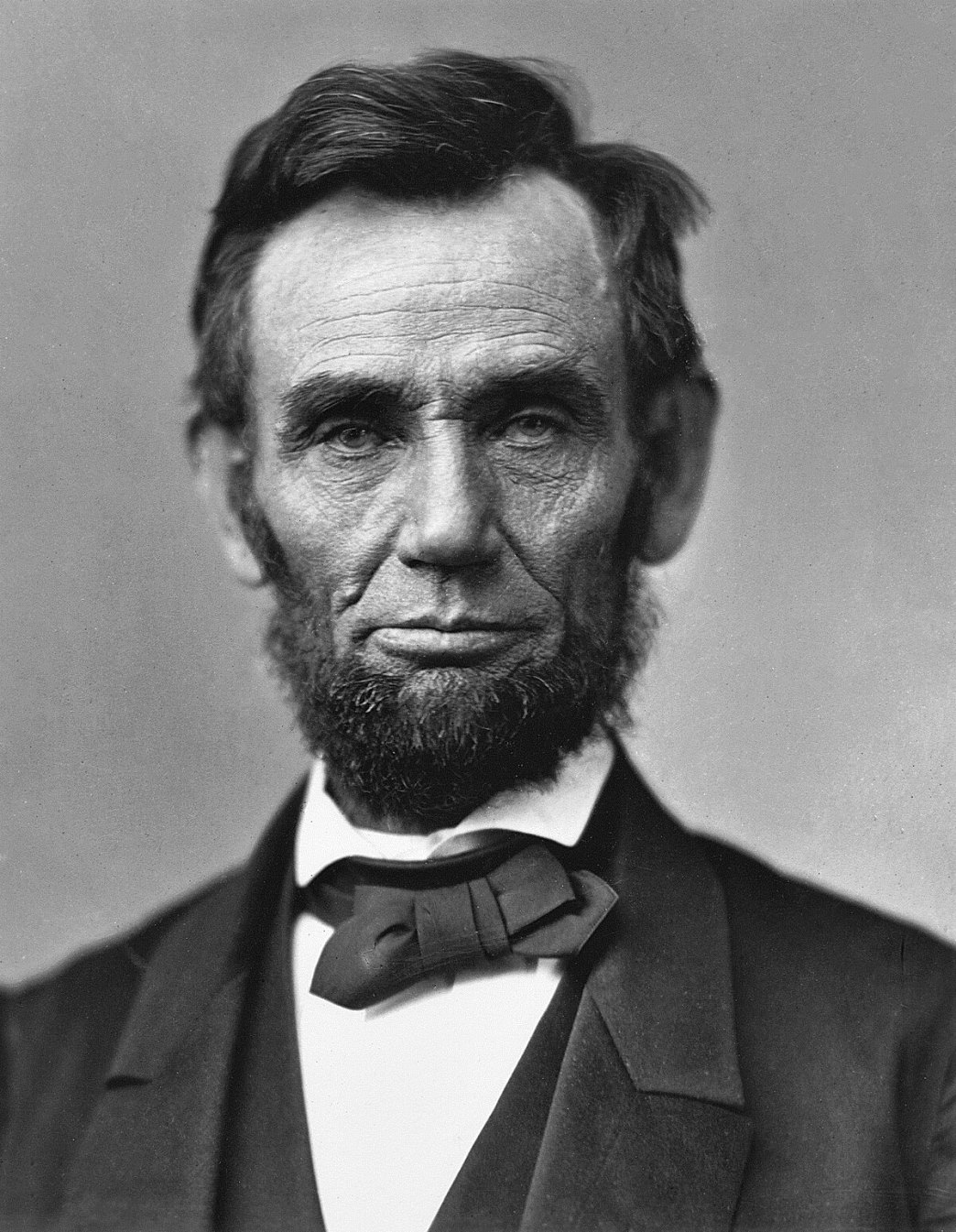
Abraham Lincoln was an American statesman and politician, the 16th President of the United States (March 4, 1861 - April 15, 1865).
The son of a frontiersman and a Kentucky farmer, Lincoln worked hard from an early age and struggled to learn. He was a militiaman in the Indian War, practiced law, and sat in the Illinois legislature for eight years. He was an opponent of slavery and gradually gained a national reputation that earned him victory in the 1860 presidential election.
After becoming the 16th president of the United States, Abraham Lincoln turned the Republican Party into a strong national organization. In addition, he drew most Northern Democrats to the Union side. On January 1, 1863, he issued the Emancipation Proclamation, which declared permanently free those slaves who were in Confederate territory. Lincoln considered secession illegal and was prepared to use force to defend federal law and the Union. Four more slave states joined the Confederacy, but four remained in the Union, and the Civil War of 1861-1865 began.
Lincoln personally directed the military action that led to victory over the Confederacy. Abraham Lincoln was reelected in 1864, and on April 14, 1865, he was fatally shot at Ford's Theatre in Washington, D.C. by actor John Wilkes Booth.
Abraham Lincoln is a national hero of the American people, he is considered one of the best and most famous presidents of the United States until today.


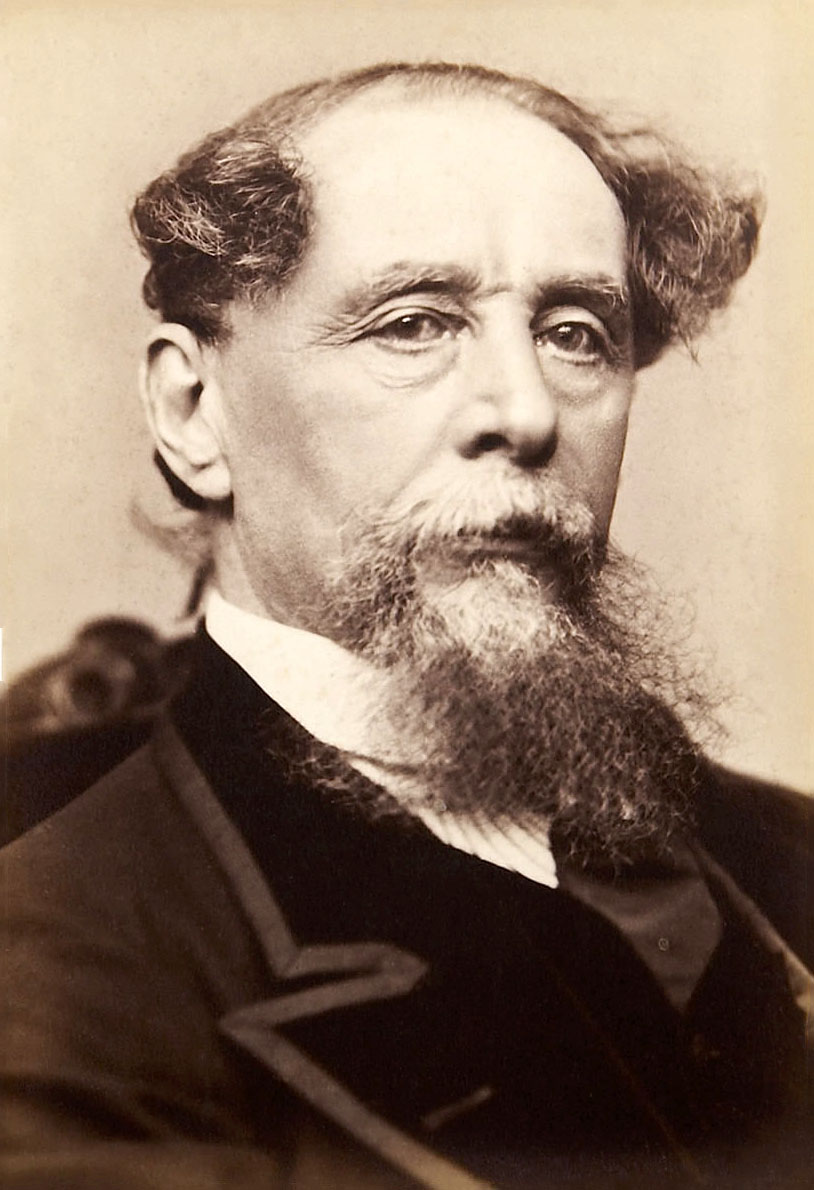
Charles Dickens, full name Charles John Huffam Dickens, is the most famous British writer of the Victorian era, a classic of world literature.
From childhood the future writer learned all the hardships of life in poverty: his father in prison for debts, hard work in a factory. Then service stenographer in court and reporter developed in him a strong attachment to journalism and contempt for both the law and parliament.
Dickens had many talents: in addition to literary work, he was an actor, published periodicals, arranged numerous literary readings, where he reveled in the admiration and love of the public. Fecund and versatile, Charles Dickens wrote many brilliant and often comic works. His novels cover a wide range of social, moral, emotional and other aspects. As a subtle psychologist, he is also very interested in the most ordinary people, but also the eccentric, the flawed, and even the insane.
Dickens was immensely popular around the world during his lifetime. His intellect, worldview, and deep reflections on society and its faults enriched his novels and made him one of the great figures of nineteenth-century literature, an influential spokesman for the conscience of his time.
Dickens' best-known and most popular novels are The Pickwick Club Posthumous Notes, Oliver Twist, Nicholas Nickleby, David Copperfield, Cold House, A Tale of Two Cities, Our Mutual Friend, Great Expectations, and The Mystery of Edwin Drood.
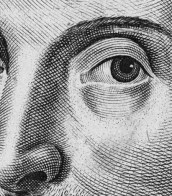
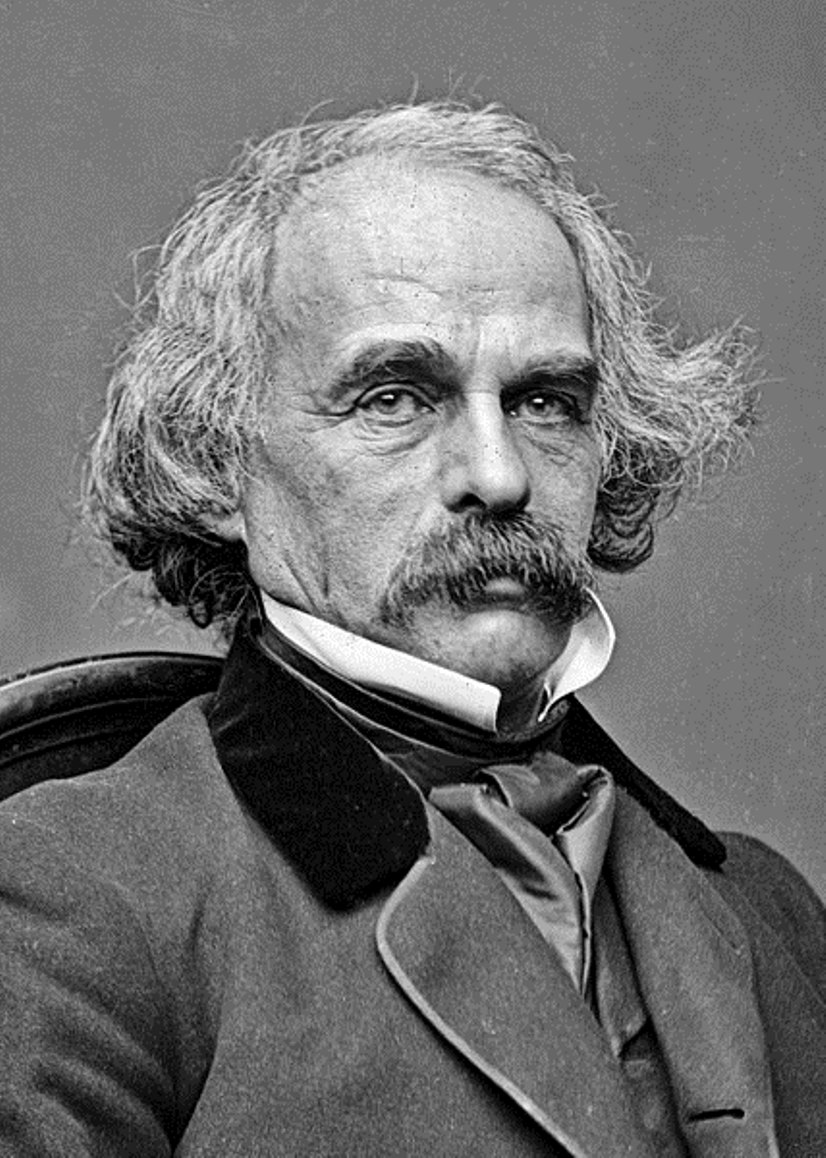
Nathaniel Hawthorne is an American writer and author.
Hawthorne is a recognized short story writer and a master of allegorical and symbolic narrative. One of the first fiction writers in American literature, he is best known for his works The Scarlet Letter (1850) and The House of Seven Gables (1851). Hawthorne's artistic works are considered part of the American Romantic movement and, in particular, of so-called dark Romanticism, a popular mid-19th-century fascination with the irrational, the demonic, and the grotesque.
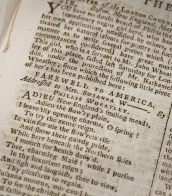
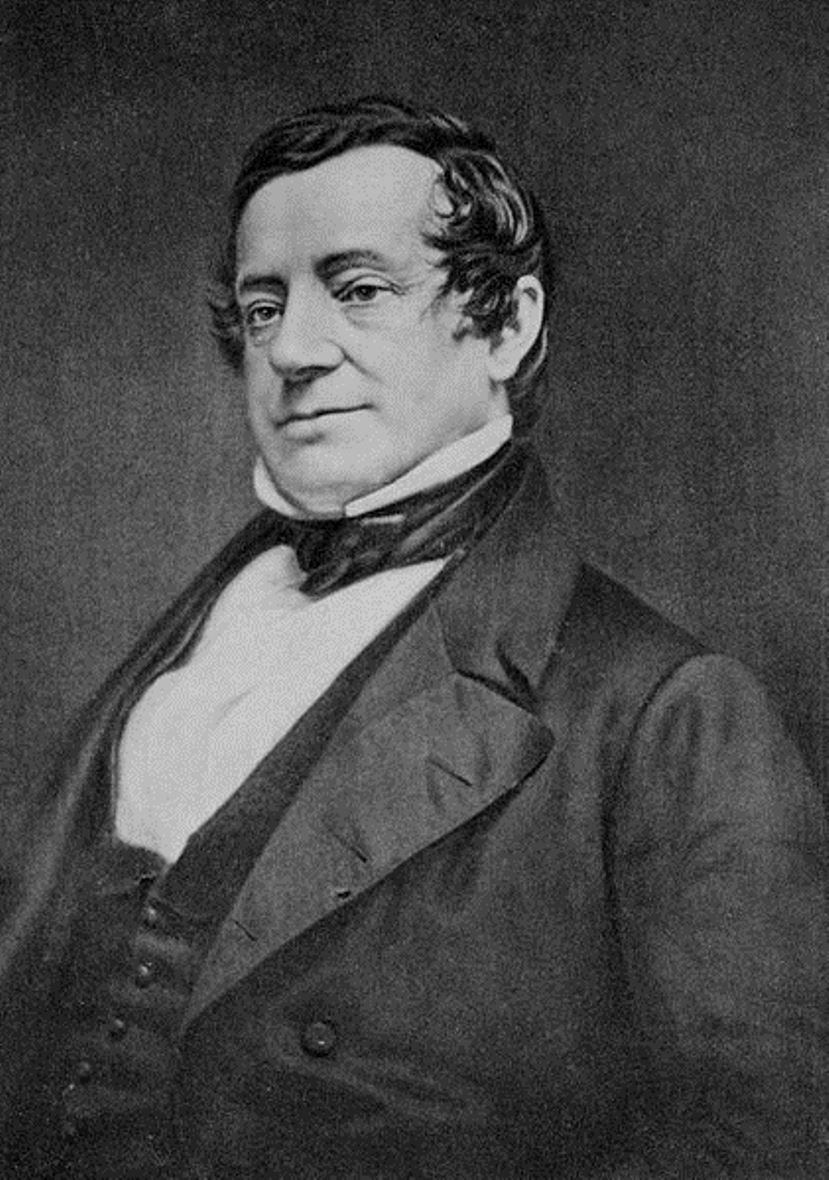
Washington Irving was an American Romantic writer, historian, and diplomat.
Irving has been called "the first American writer" to be recognized in Europe. In 1815, he traveled to England on family business. A huge success in England and the United States was The Sketch Book, published in several installments during 1819-1820, which contained two of the author's most famous works, Rip Van Winkle and The Legend of Sleepy Hollow, and which made him a literary star in both England and the United States.
He continued his literary endeavors and worked at the U.S. Embassy of Great Britain. Returning to the United States in 1832, Irving visited some little-known territories near the western fringes of the country, and this journey inspired his works Journey on the Prairie (1835), Astoria (1836), and The Adventures of Captain Bonneville (1837). Late in life he published several historical and biographical works, including the five-volume Life of George Washington (1855-1859).
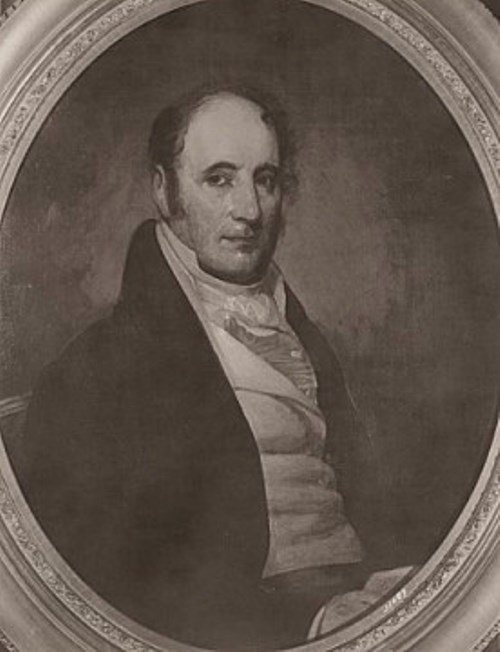
William Irving was the older brother of the famous writer Washington Irving and a U.S. Congressman.
William Irving was engaged in fur trading and other businesses, and wrote several essays and poems for the satirical magazine Salmagundi, which was published by Washington Irving as a periodical and later published as a book.
In 1813. William Irving was elected by Democratic-Republicans to represent New York's 2nd Congress in the U.S. House of Representatives.
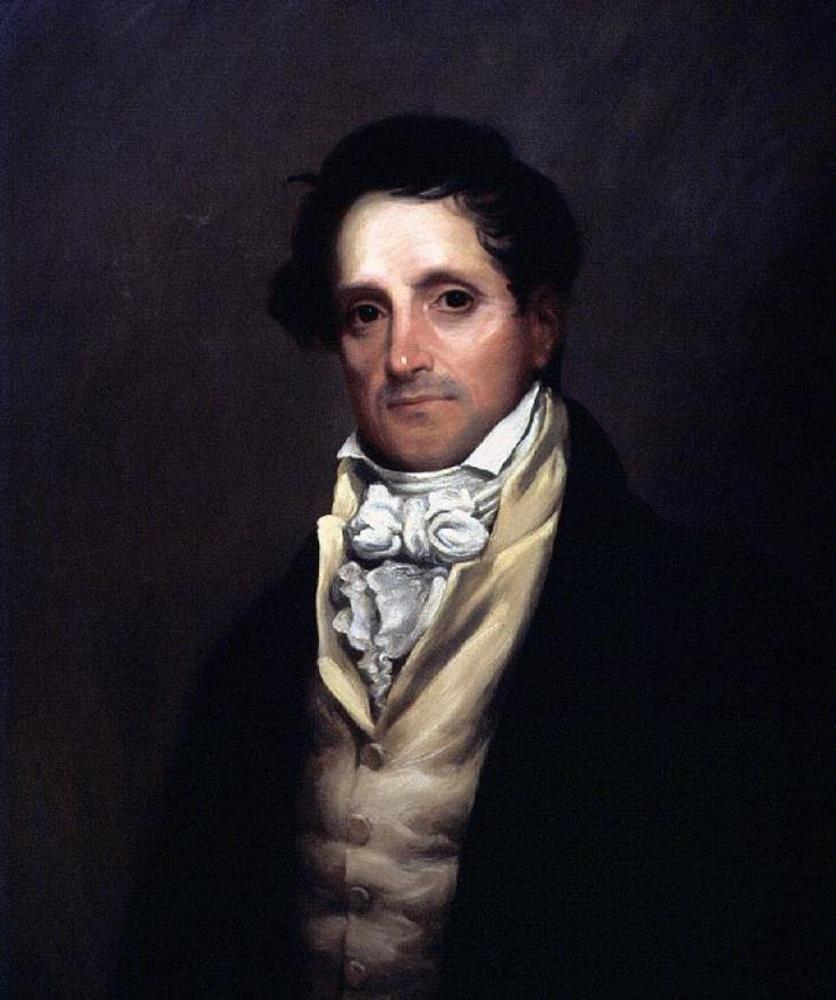
James Kirke Paulding was an American novelist, playwright, and statesman.
At the age of 18 in New York, he became friends with his brothers William and Washington Irving, and together with them began to write in the periodical satirical publication created by them "Salmagundi"). Paulding wrote several novels and plays, as well as many poems.


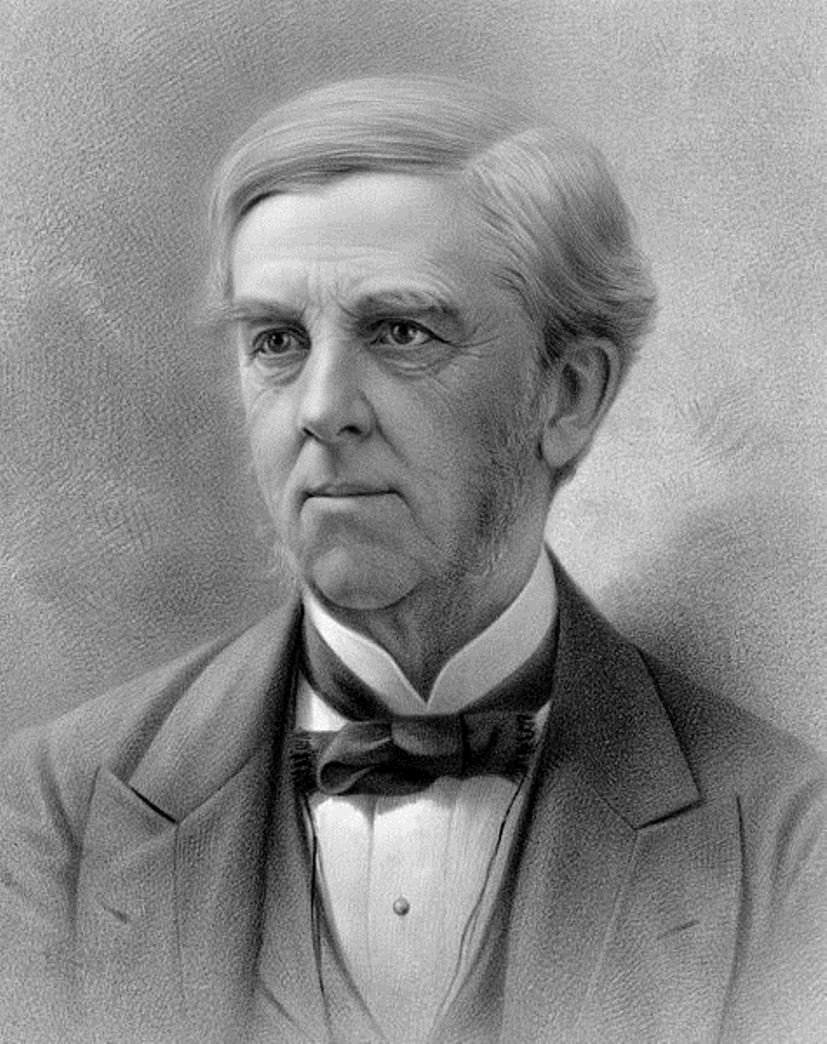
Oliver Wendell Holmes Sr. was an American physician, poet, and humor writer.
Holmes studied law at Harvard University, then medicine in Paris. He practiced medicine for 10 years, taught anatomy at Dartmouth College (Hanover, North Carolina) for two years, and became professor of anatomy and physiology at Harvard in 1847. He later became dean of Harvard Medical School and held that position until 1882. Holmes' most significant contribution to medicine was his research on the contagiousness of postpartum fever. In 1843, he published a treatise on the subject, The Infectiousness of Postpartum Fever. He also introduced the term anesthesia into scientific usage.
Today, Oliver Holmes is remembered as a gifted writer of the 19th century in the United States. Beginning in 1857, he published his "Breakfast at the Table" articles-essays in The Atlantic Monthly and later published several collections written in a conversational style, with Holmes's characteristic humor and wit. He also wrote several poems, three novels, and many poems and anecdotes.
Oliver Wendell Holmes was the father of lawyer Oliver Wendell Holmes, Jr. (1841-1935). According to some sources, he was the prototype of the detective Sherlock Holmes, the famous hero of writer Arthur Conan Doyle.
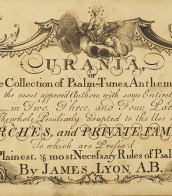
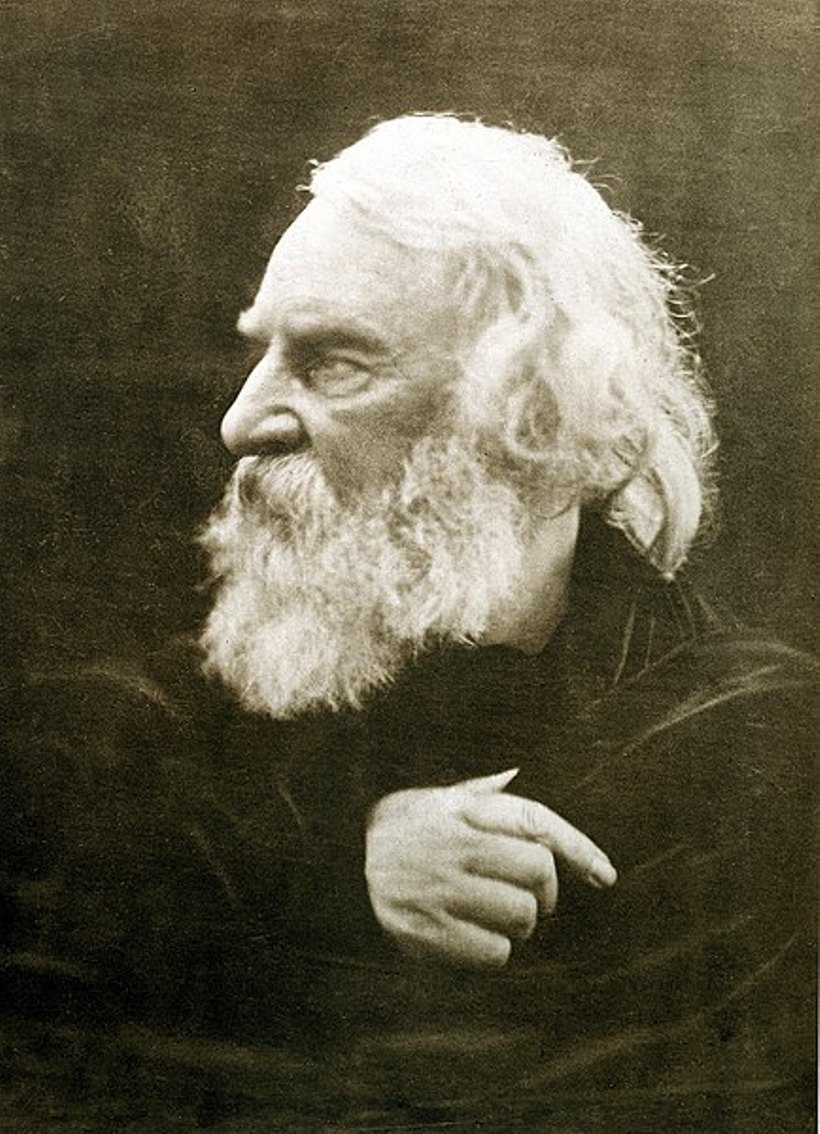
Henry Wadsworth Longfellow was the most popular American poet of the nineteenth century.
Longfellow is one of the most revered poets in the United States. His poems "Paul Revere's Ride", "Evangeline", "The Tale of Acadia" (1847) and "Psalm of Life" were included in elementary and high school curricula and have long been remembered by generations of readers who studied them as children. Longfellow revitalized American literary life by linking American poetry to European traditions outside of England.


Henry Wadsworth Longfellow was the most popular American poet of the nineteenth century.
Longfellow is one of the most revered poets in the United States. His poems "Paul Revere's Ride", "Evangeline", "The Tale of Acadia" (1847) and "Psalm of Life" were included in elementary and high school curricula and have long been remembered by generations of readers who studied them as children. Longfellow revitalized American literary life by linking American poetry to European traditions outside of England.

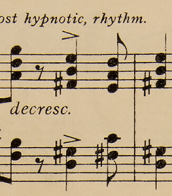
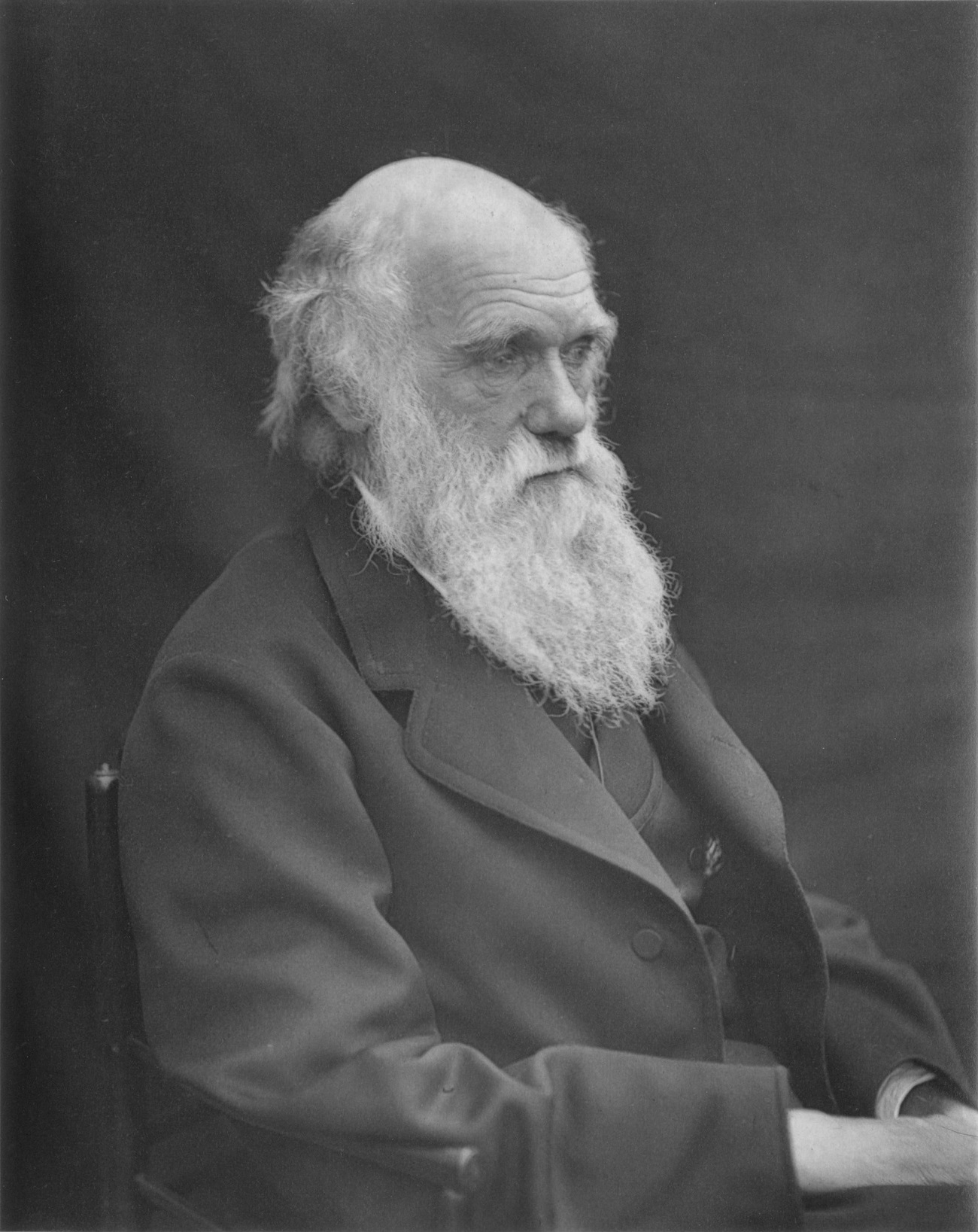
Charles Robert Darwin was an English naturalist, geologist, and biologist, widely known for contributing to the understanding of evolutionary biology. His proposition that all species of life have descended from a common ancestor is now generally accepted and considered a fundamental concept in science. In a joint publication with Alfred Russel Wallace, he introduced his scientific theory that this branching pattern of evolution resulted from a process that he called natural selection, in which the struggle for existence has a similar effect to the artificial selection involved in selective breeding. Darwin has been described as one of the most influential figures in human history, and he was honoured by burial in Westminster Abbey.

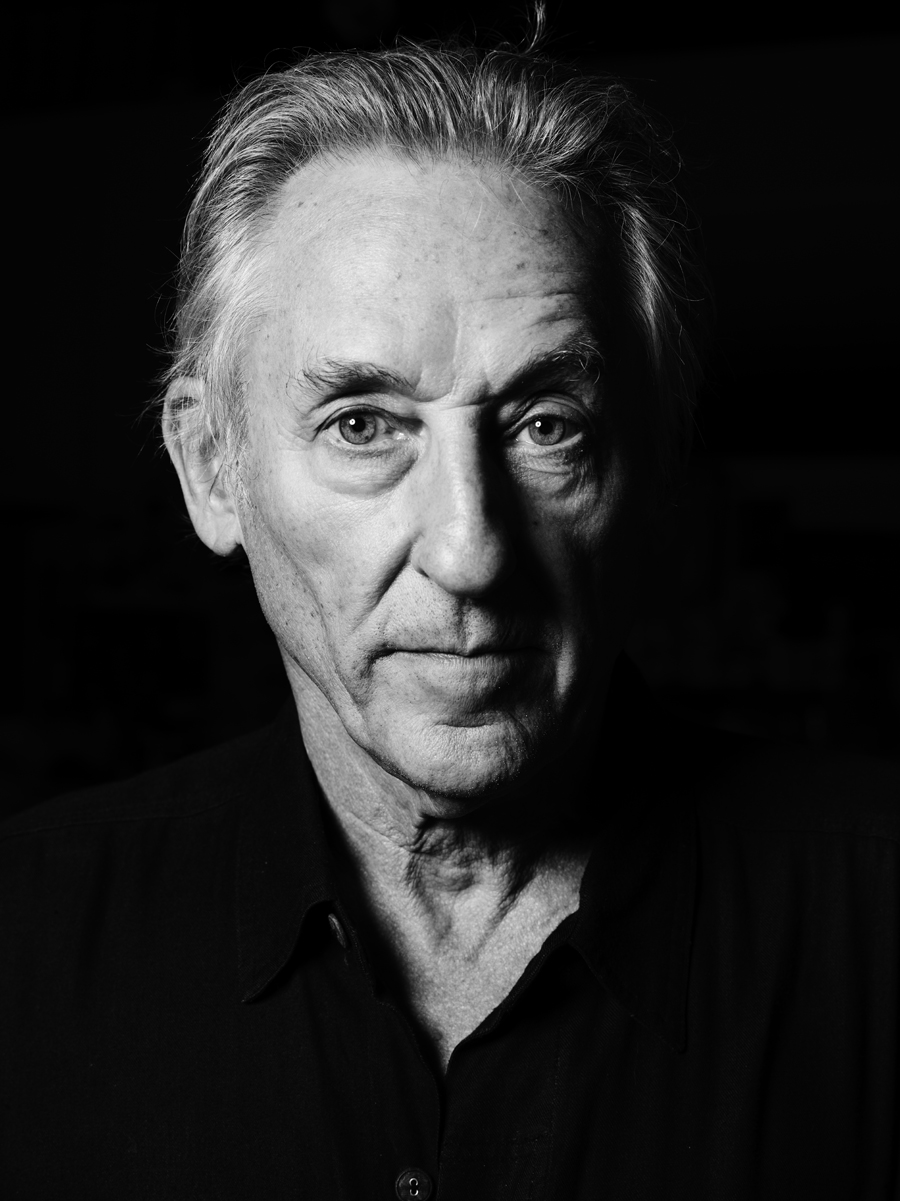
Edward Ruscha, an American artist born in 1937, is a prominent figure associated with West Coast Pop art, celebrated for his innovative approach to blending visual and verbal language within his works. Ruscha's journey in the art world began after moving to Los Angeles in 1956, where his fascination with the urban landscape and commercial culture flourished. He attended Chouinard Art Institute, now known as CalArts, which laid the foundation for his artistic exploration.
Edward Ruscha's art is deeply influenced by the Hollywood film industry, with works like "Large Trademark with Eight Spotlights" echoing the commercial graphics and cinematic influence of his time. His "Word paintings" series, starting in the 1960s, showcases his unique approach to typography and language, setting monosyllabic words against solid backgrounds, a style that continued to evolve throughout his career.
During the 1970s, Edward Ruscha expanded his narrative, incorporating phrases into his works, further exploring the relationship between text and image. His work in the 1980s and beyond includes landscapes juxtaposed with text, creating intriguing visual narratives that challenge viewers to find connections between the words and the images.
Edward Ruscha's contributions to the art world are significant, with his works held in major collections and institutions. His career spans various mediums, including painting, printmaking, photography, and artist's books, showcasing his versatility and enduring influence on contemporary art.
For enthusiasts and collectors of modern art, Edward Ruscha's works offer a unique blend of visual artistry and linguistic play. His innovative approach to combining text and image has cemented his status as a pivotal figure in contemporary art. To stay updated on the latest exhibitions, sales, and insights related to Edward Ruscha's art, consider subscribing to updates from renowned art galleries and auction houses. This subscription will ensure you're informed about new opportunities to engage with and appreciate the distinct and influential art of Edward Ruscha.




